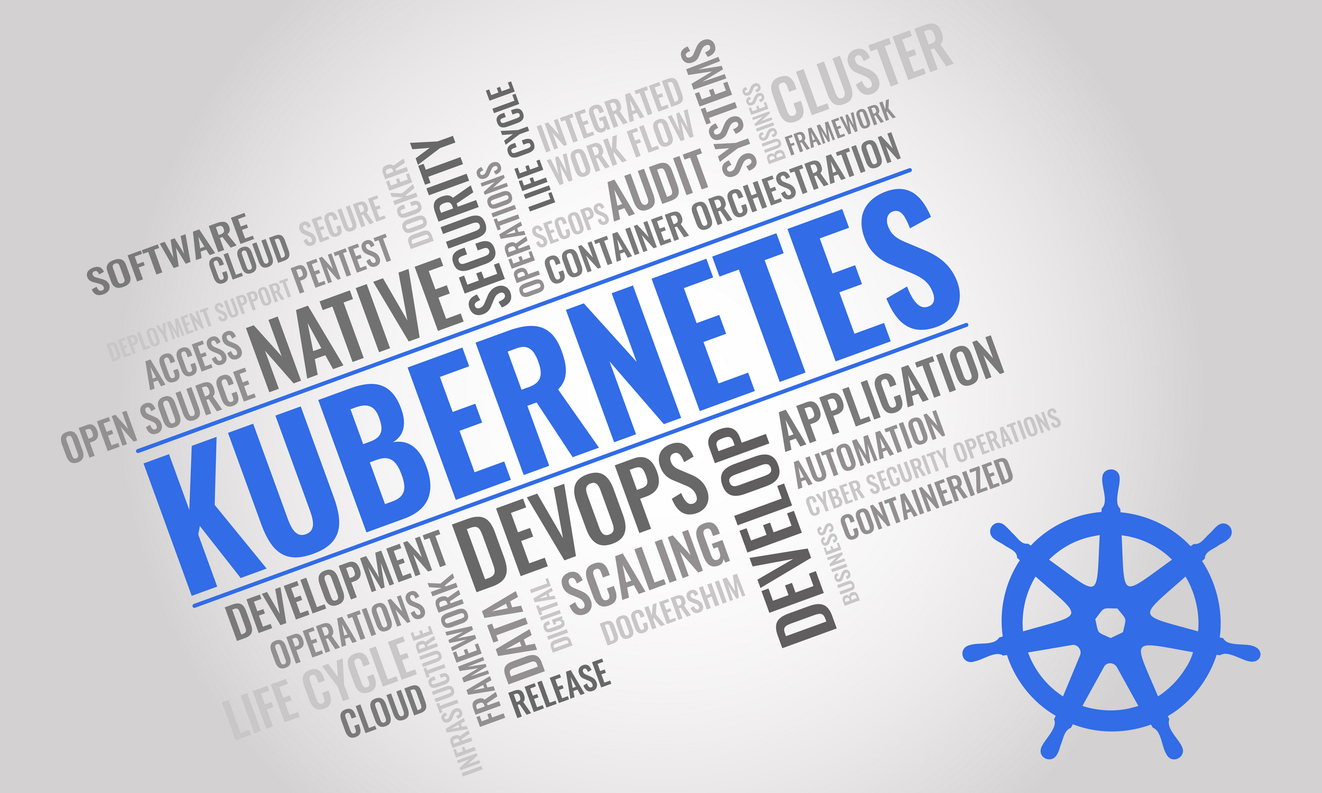In the ever-evolving landscape of software development, the demand for rapid, efficient, and reliable testing processes has become paramount. As traditional methods struggle to keep pace with the dynamic nature of modern applications, autonomous testing has emerged as a beacon of hope. But navigating the realm of autonomous testing requires careful consideration, especially when selecting the right testing partner. In this guide, we delve into the nuances of autonomous testing, outline key criteria for choosing a testing partner, and provide a comprehensive list of questions to ask potential partners.
Introduction to Autonomous Testing
Autonomous testing represents a paradigm shift in software quality assurance, leveraging artificial intelligence (AI) and machine learning (ML) to automate various aspects of the testing lifecycle. Unlike manual and script-based testing approaches, autonomous testing harnesses the power of intelligent algorithms to autonomously generate test cases, execute tests, analyze results, and even adapt testing strategies based on evolving requirements.
At its core, autonomous testing aims to enhance efficiency, accuracy, and scalability while minimizing human intervention. By automating repetitive tasks and leveraging predictive analytics, autonomous testing empowers organizations to accelerate release cycles, reduce time-to-market, and improve overall software quality. Moreover, it enables teams to focus their efforts on high-value activities such as exploratory testing and strategic test planning.
Key Criteria for Choosing a Testing Partner
When evaluating potential testing partners for autonomous testing initiatives, several key criteria should guide your decision-making process:
- Expertise in Autonomous Testing: Look for partners with a proven track record in autonomous testing methodologies, tools, and technologies. Assess their experience across different domains and industries to ensure they possess the requisite expertise to address your specific testing needs.
- Scalability and Flexibility: Evaluate the scalability and flexibility of the partner’s testing infrastructure and solutions. Ensure they can seamlessly accommodate fluctuations in testing demands and support diverse deployment scenarios, including cloud-based, on-premises, and hybrid environments.
- Integration Capabilities: Consider the partner’s ability to integrate with your existing development and testing ecosystem. Compatibility with popular development tools, continuous integration/continuous delivery (CI/CD) pipelines, and test management platforms is essential for streamlining workflows and maximizing productivity.
- Performance and Reliability: Prioritize partners that demonstrate robust performance and reliability in autonomous testing operations. Assess their ability to deliver consistent results across different software configurations, environments, and usage scenarios.
- Comprehensive Test Coverage: Ensure that the partner’s testing solutions offer comprehensive coverage across various testing dimensions, including functional, non-functional, regression, and security testing. Verify their capabilities to address the unique testing requirements of your applications, such as mobile, web, desktop, and microservices.
- Quality of Support and Services: Evaluate the partner’s commitment to customer success through quality support, services, and training offerings. Assess their responsiveness, expertise, and willingness to collaborate in addressing your evolving testing challenges and objectives.
Questions to Ask Potential Partners
When engaging with potential testing partners, consider asking the following questions to gain deeper insights into their capabilities and suitability:
- Can you provide examples of autonomous testing projects you have successfully executed in the past?
- How do you ensure the scalability and flexibility of your autonomous testing solutions?
- What integration options do you offer for seamless integration with our existing development and testing tools?
- How do you address performance and reliability challenges in autonomous testing environments?
- What strategies do you employ to achieve comprehensive test coverage across different testing dimensions?
- What level of support and services can we expect throughout the engagement?
- How do you approach knowledge transfer and skill development to empower our internal testing teams?
- Can you share insights into your roadmap for future enhancements and innovations in autonomous testing?
Selecting the right autonomous testing partner is a critical step towards unlocking the full potential of autonomous testing. By considering key criteria such as expertise, scalability, integration capabilities, performance, and support quality, organizations can make informed decisions that drive success in their testing initiatives. By asking the right questions and conducting thorough evaluations, you can identify a trusted partner who will guide you on your journey towards seamless testing excellence.
Appvance IQ (AIQ) covers all your software quality needs with the most comprehensive autonomous software testing platform available today. Click here to demo today.



